World Athletics has published a social media study on the summer’s Olympic Games in Paris raising concerns over the levels of abuse of a racist, sexist or sexual nature
In its fourth major study into online abuse in the last four years, World Athletics investigated abusive messages sent via social media platforms during the Paris 2024 Olympic Games having previously covered the Tokyo 2020 Olympics as well as the 2022 World Athletics Championships in Oregon and the 2023 World Athletics Championships in Budapest. The report follows the International Olympic Committee’s initial report on the Paris Olympics online abuse protection service released in October.
Conducted in collaboration with Signify Group, the research used its Threat Matrix service powered by artificial intelligence to analyse the online harassment of athletes during the summer’s Olympic Games including the 24 hours before and after start and end dates with the goal of helping to implement greater safeguarding measures in athletics.
The study, published on 31 October 2024, took a sample size of 12 times that of the Tokyo Olympics by monitoring the social media accounts of 1,917 athletes, reserves and officials with at least one active account across either X, Instagram, Facebook and TikTok.
A total of 355,873 posts and comments were analysed for abusive content across 36 different languages with 34,040 posts flagged by the Threat Matrix AI algorithm for review by human analysis. Within its key findings, World Athletics reported that racism and sexualised abuse continued to be used to target athletes and made up almost 50% of the results with 809 total posts deemed abusive and 128 of them requiring further action.
General abuse made up 32% of that detected followed by 30% sexualised abuse and 18% racism. Two athletes accounted for 82% of all detected abuse between just the two of them. According to the study, athletes representing 20 different nations received abuse, 49% of which was directed at US athletes, despite only representing 7.8% of the study.
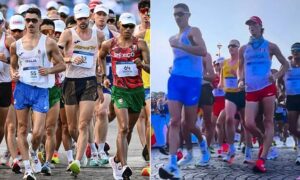
“It is no secret that social media abuse towards athletes can have a devastating impact on their mental health as well as their performance, having a social media presence is important for many athletes because it enables them to connect with their fans, as well as deliver on endorsement commitments,” said the World Athletics President, Sebastian Coe. “Many athletes are committed to growing the sport of athletics through their online presence, but they need to be able to do so in a safe environment.”
“We are proud of many of our athletes who use their platform to raise awareness on important issues, including speaking out about online abuse and its impact on mental health,” he continued. “We will continue our work in this space and use our research to help drive positive change, both with platforms and in developing resources for athletes around their mental health.”
The study focused on findings from just the Paris Olympic Games but it will be followed by a detailed four-year analysis covering the aforementioned four major global athletics events in the coming months.
The research will be “provided to experts in the field of athlete welfare and mental health, to help develop more robust support systems with regards to online abuse,” according to World Athletics.
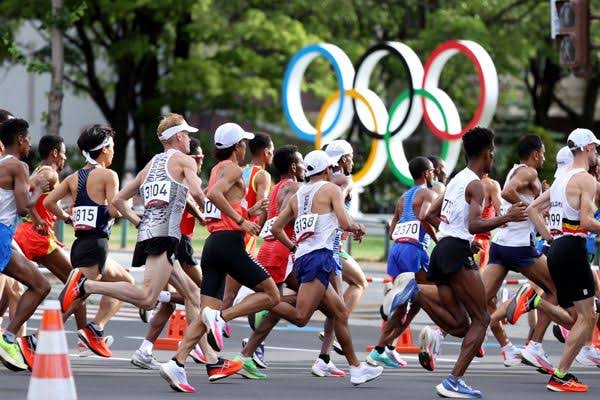
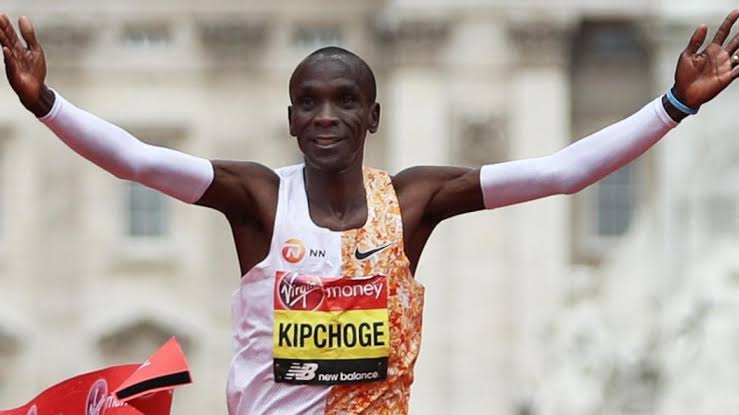
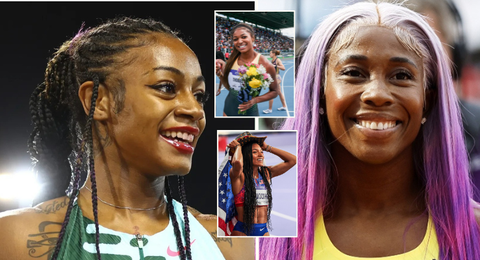
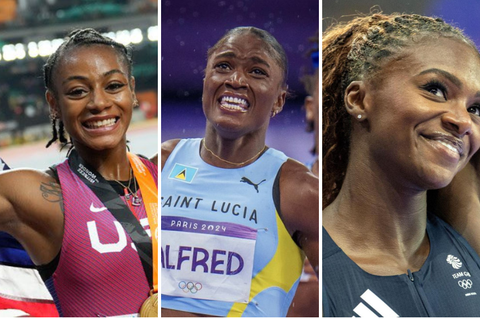
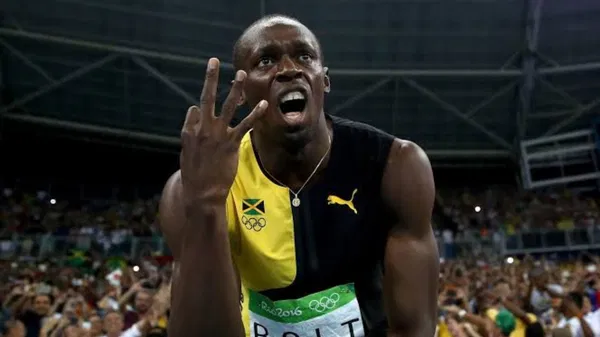
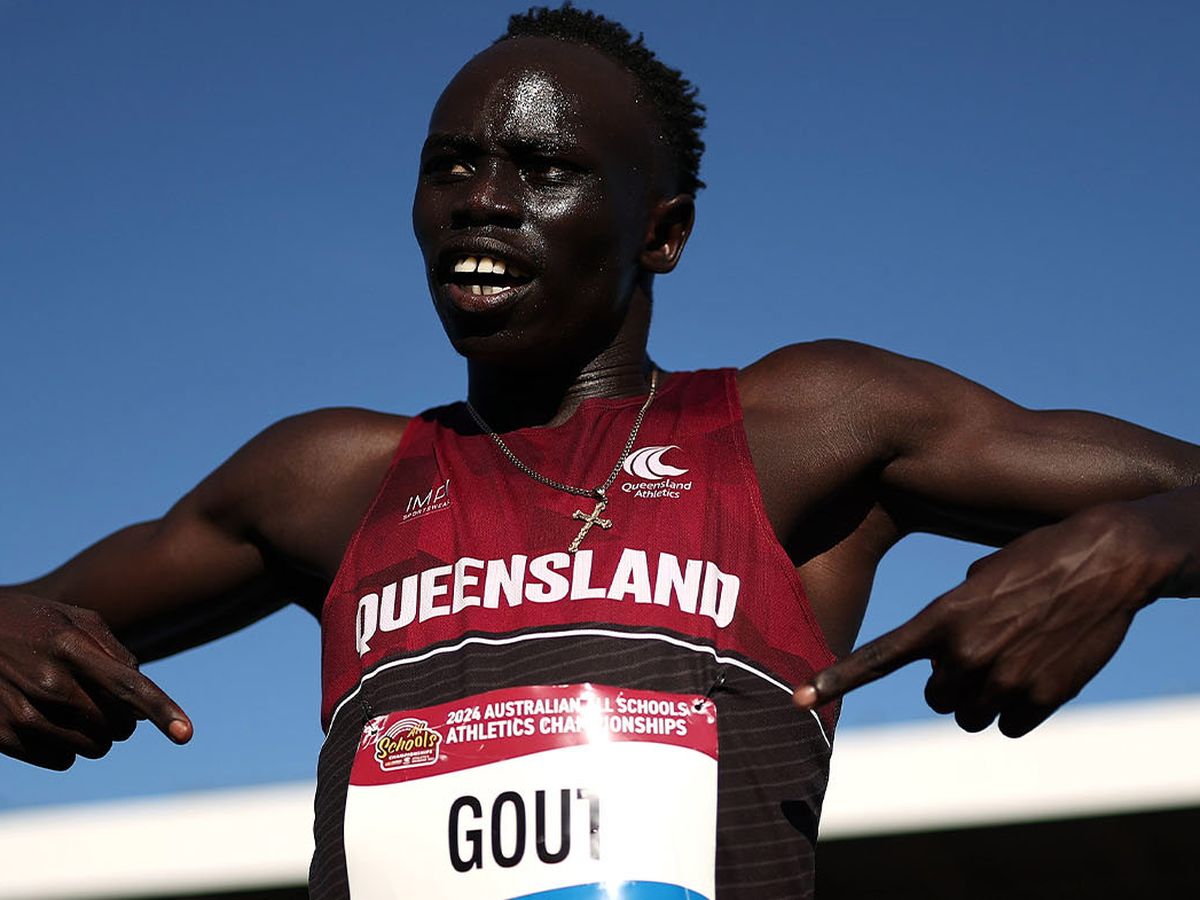
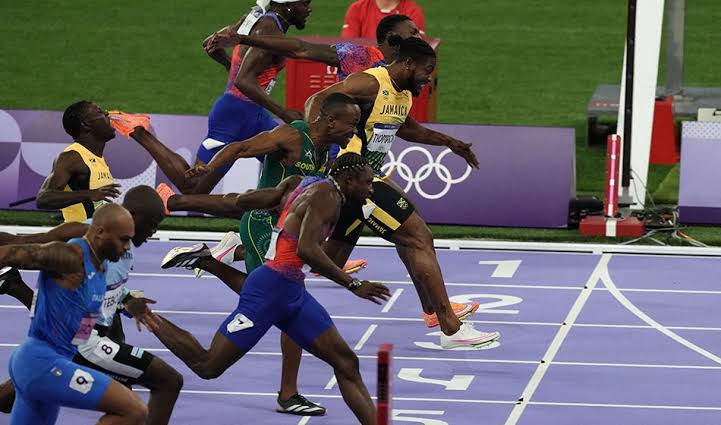
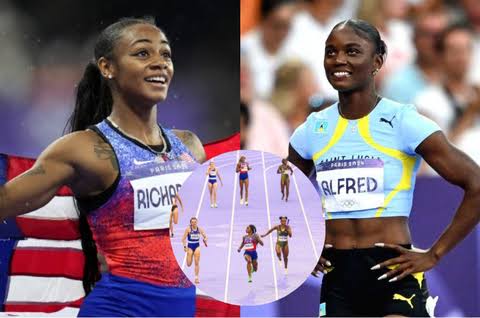
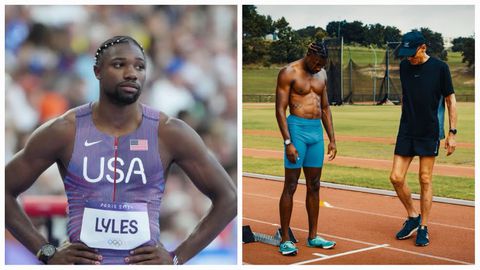
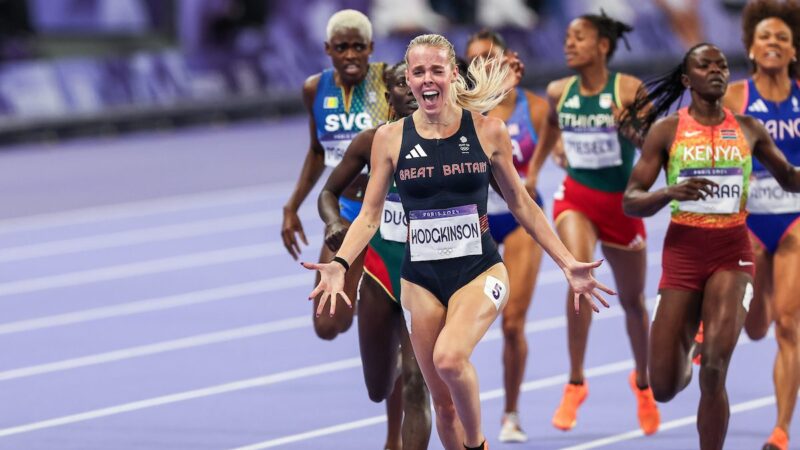
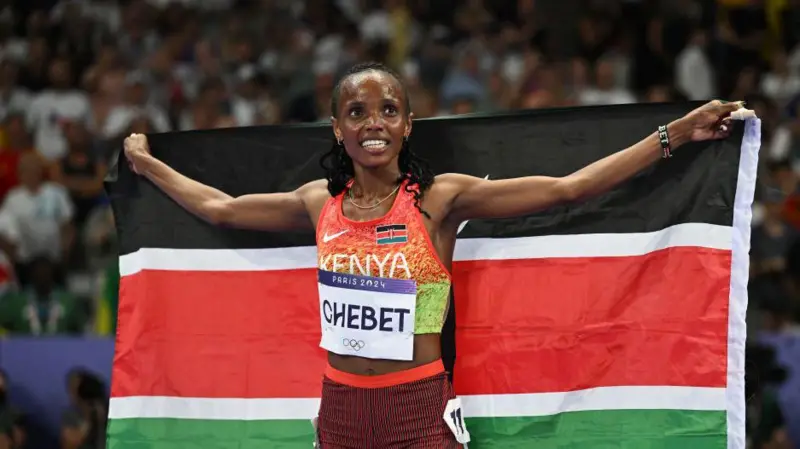
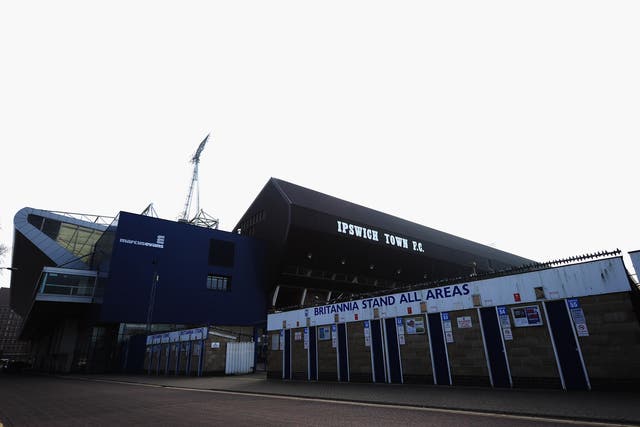
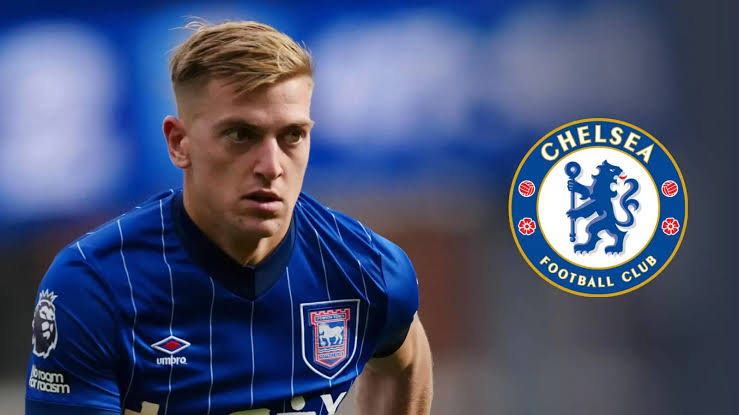


Leave a Reply